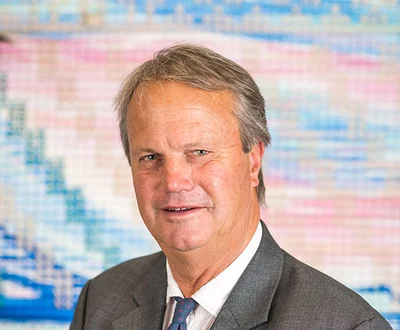$60m saving for ratepayers from freshwater repeal Mackenzie says

Ratepayers could be saved $60 million over the next three years thanks to a change of direction by the new government, an ECan councillor says.
Ian Mackenzie says the coalition government’s planned changes to freshwater legislation mean the regional council no longer has to waste money redoing work.
“If ECan decides we don’t need to redo our plans now because of the new central government direction, which would suggest our existing plans are fit for purpose, there is an immediate saving of $60m.”
The Labour Government introduced the National Policy Statement (NPS) for Freshwater Management 2020, putting the entire country under one umbrella for managing freshwater.
The issue was that ECan had already spent millions preparing its own regionally specific umbrella of management plans, Mackenzie said.
“Unlike other regional councils, we have got comprehensive land and water plans, and sub-regional plans already in place.
“Almost as soon as these plans were put in place, which cost ratepayers a huge amount of money, the central government brought in its NPS for freshwater which made all our plans redundant.”
He said it cost $120m over the whole planning process to put the regional plans in place, and the changes required to meet the new legislation “didn’t make any difference to the environment but was going to cost in excess of another $60m over the next three years” to repeat work that had already been done in Canterbury.
And that figure goes up even more when you add in the cost of the consultation process, he said.
With the new government set to repeal the recent NPS, there is an opportunity to save ratepayers millions by retaining the regionally specific plans already in place.
“There is a lot of money to be saved.
“Every $1.5m of expenditure of the regional council is a 1% rate rise, so $20m [a year over the next three years] is 13% off our rate rise.
“So this is real money for our constituents if the regional council decides to follow central government direction.
“It still needs to make that decision but it’s my view that we would be irresponsible not to listen to the people when you no longer have to spend that money and there is no real value in spending it.”
It would also provide the opportunity to redirect resources to focus on other areas of work, he said.
By Jonathan Leask

